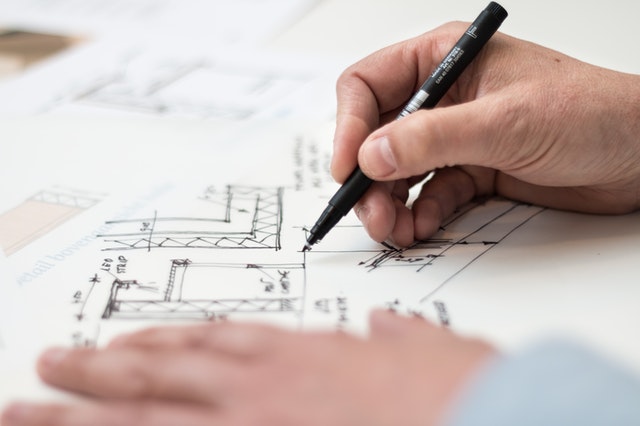Creating a personal budget will help you to stay on track. And make sure you have enough money each month to pay your bills. And have money for anything extra that may come up. Here are the basics of household budget to help you get started.
Use the computer to create a spreadsheet that will hold all of your information. You will need to include your income, your monthly expenses, yearly expenses, and room for anything else that may come up.
These would include vehicle repairs, school costs, going out to the movies, and other things along those lines.

The Basics Of Personal Budget
1. Income
The first thing on your spreadsheet would be your income. You will want to include everything you may have such as paychecks, secondary income, child support, bonuses, and other forms that may only come once a year like tax refunds or gifts.
You can input estimated amounts here because there may have discrepancies during the actual receiving of your income. For example, your salary may not have exact amounts due to absences or overtimes.
Further reading: How To Save Money From Your Salary
2. Monthly Expenses
Monthly expenses are the next thing to add to your spreadsheet. These would include credit card payments, utility payments, loan payments, and anything else that comes up every month.
You will want to have monthly amounts and due dates so you can place these under your income where it comes in each month. Your budgeting skill will come in handy now.
3. Yearly Expenses
Yearly expenses may be a bit of a challenge to include, but it is a very good idea to do it. This will help you avoid the stress of coming up with the money when they come due each year.
This will mean you will need to create a spreadsheet for each month for the entire year so you can include these types of expenses. Such as real property taxes, health care or checkups, car registrations, car maintenance, insurances, and other fees you incur on a yearly basis.
4. Extras
Extras are hard to anticipate on your personal budget. For which is why you should try to plan on them each month. Putting money into a savings account will help you to have the money when the time comes.
It is nearly impossible to plan for vehicle repairs or emergencies. So a savings account will help to ease the burden when these types of expenses come up.
You can plan on maintenance to your vehicle or yearly checkups with your doctor. But there are times when even these things don’t help, so planning ahead will help.
5. Vacations
Planning a vacation is hard to do but when you do your personal budget right, you will be able to include this in your monthly budget. Your savings account will help with this plan as well.
You will be able to see where you have a little extra money. And you will have the ability to stick some money back so you have the ability to take a vacation when you are ready to take one.
Creating a personal budget will help you to spend your money wisely and you won’t forget a thing. It is nearly impossible to remember everything.
Creating a spreadsheet with all of your expenses and extra things you want will help you to maintain your budget. So, you can make everything happen.
You will have the ability to see the big picture which will help you to see what you can do to increase your income and lower your expenses so you have more money at the end of each year.
Pingback: 8 Online Banking Success Stories | My Tipid Tips